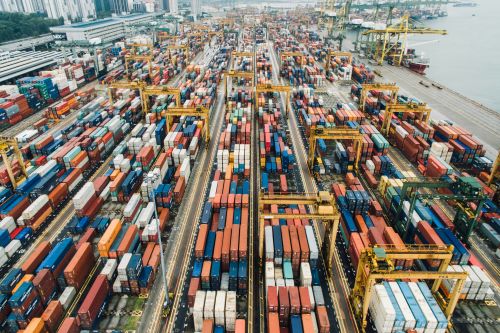The foremost challenge in refining supply chain processes is the assimilation of advanced technologies such as AI, IoT sensors, and drones. These tools necessitate comprehensive change management strategies to ensure seamless integration into existing systems. The implementation of such technologies is not a simple ‘plug and play’ scenario; it requires a re-evaluation of processes, the establishment of new roles, and the introduction of novel governance structures. The efficacy of technologies like risk notification systems is contingent upon the quality of underlying data and processes.
The Imperative of Collaboration
The absence of collaboration, a significant barrier since 2022, continues to impede supply chain enhancements. Ineffective collaboration, both within and outside the organization, can have detrimental effects, such as delays and inaccuracies in order fulfillment. To foster resilience and adaptability in the face of ongoing uncertainties in 2024, supply chain leaders must prioritize robust internal and external collaborative practices.
Governance and Data Management as Cornerstones
A substantial portion of professionals (48%) identify inadequate governance and subpar data management as obstacles to process improvement. Effective governance is essential to ensure data availability, integrity, and security, which are critical for supply chain operations. Poor governance and data management can lead to inefficiencies and misinformed decision-making, regardless of the sophistication of analytical tools at an organization’s disposal.
Strategies for Overcoming Challenges
In response to these challenges, a record 84% of organizations have re-evaluated and adjusted their supply chain strategies, with industries like aerospace and pharmaceuticals reaching as high as 89%. For 2024, organizations should focus on embracing change management and bolstering collaboration. Internally, this could involve knowledge-sharing sessions among employees of varying experience levels. Externally, strategic partnerships with key suppliers can lead to innovative solutions to shared challenges. Both internal and external collaborations are vital for charting new courses through the uncertainties of the supply chain landscape.





